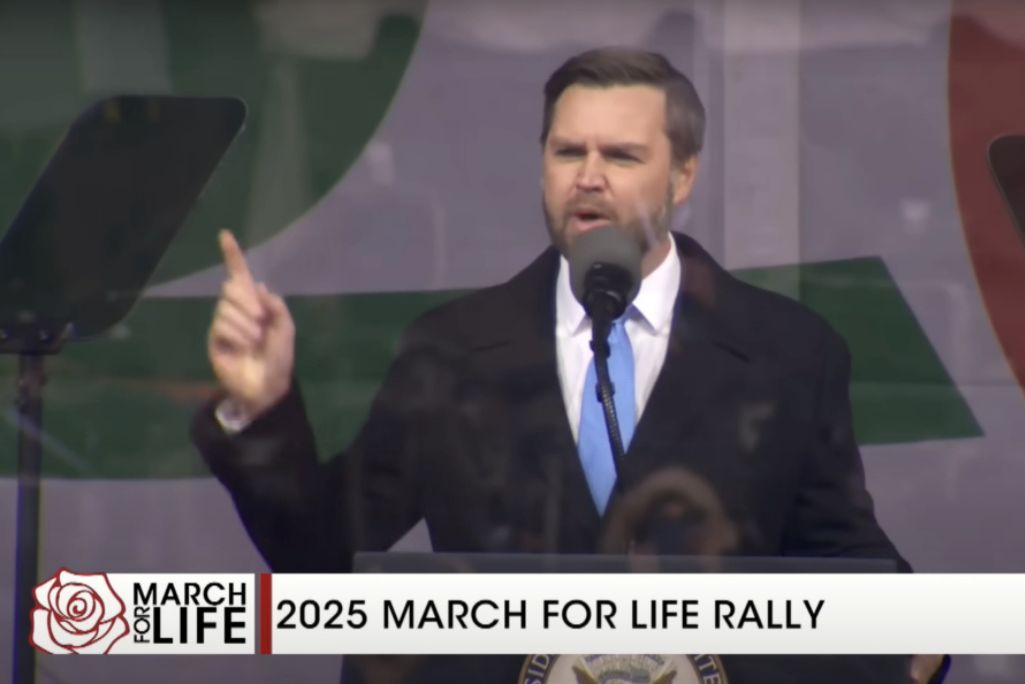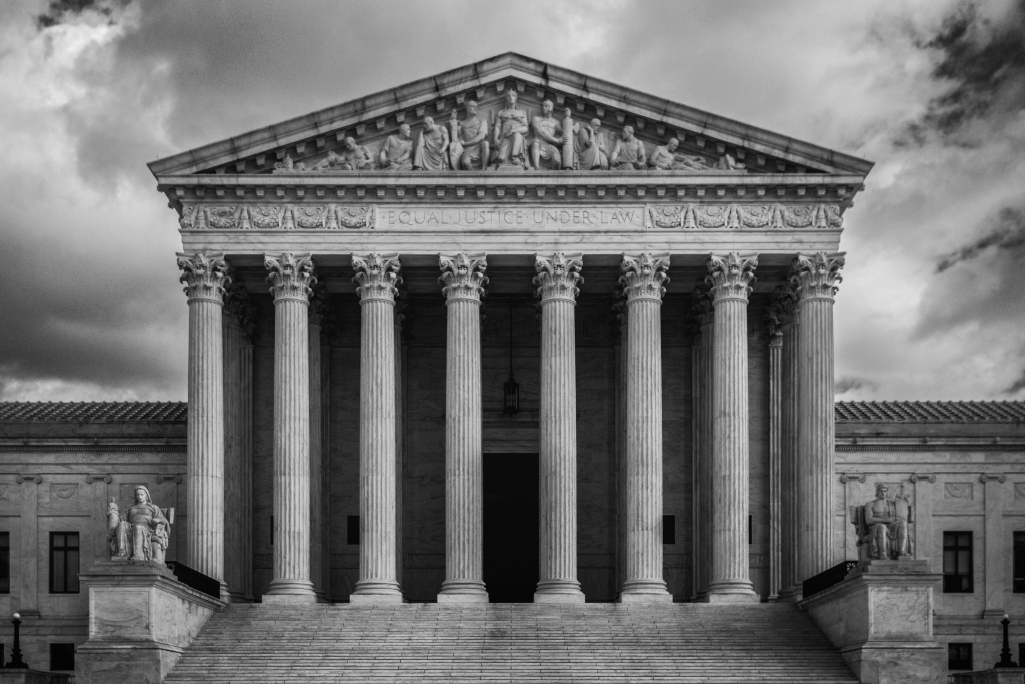Prescription (opioid) drug abuse is skyrocketing in North Carolina. People in overwhelming numbers are becoming addicted to and overdosing on doctor-prescribed painkillers.
|
Which drugs are opioids? |
The results are frightening.
Wilmington is now America’s worst city for opioid abuse. Hickory comes in at No. 5; Jacksonville ranks 12th, and Fayetteville is 18th.
One out of every three opioid prescriptions in the state is being abused. In 2015, 738 North Carolinians died from prescription opioid abuse.
What are opioids?
Opioids are a type of narcotic pain medication for use with doctor supervision. They can have serious side effects if misused.
When someone takes an opioid, the drug binds to receptors in brain cells, on the spinal cord and throughout the body, dulling the perception of pain. If the person is suffering from a serious injury or recovering from major surgery, he or she can find needed pain relief.
After continued use, however, progressively more medication is needed to achieve the same pain-reducing effect. The body becomes tolerant of the drug.
When someone develops a dependence on opioids, a doctor may gradually wean him or her off the drug. Otherwise, a sudden halt in medication could cause withdrawal symptoms, including diarrhea, nausea, vomiting, muscle pain, anxiety, irritability and other symptoms.
Why are opioids so misused?
|
How to recognize drug abuse and addiction |
Not only do opioids help relieve physical pain, they also affect the brain’s reward-pleasure system, creating a euphoric feeling.
When a person continues to take painkillers after injury or surgical pain subsides, hoping to continue to experience the “high,” the drug is being abused and can be fatal.
Each year in the U.S., nearly 16,000 people die from prescription drug overdose.
Heroin: cheap and available
When prescription opioids become too hard to find or too expensive, addicts sometimes turn to heroin (also an opioid) to get a similar high.
Unlike prescription painkillers, heroin is cheap and readily available.
“We’ve had a 565 percent increase in heroin deaths since 2010,” said Alan Dellapenna, head of the Division of Public Health’s Injury and Violence Prevention Branch, according to North Carolina Health News.
“We’ve had 20 years of prescription pain medications, combined with an unprecedented availability of easy-to-find heroin and fentanyl.”
North Carolina had 364 deaths from heroin in 2015, nearly one a day.
Churches can fight drug abuse
|
Helpful resources • To find substance abuse treatment centers in North Carolina, go to treatment-centers.net/ • For immediate treatment in North Carolina, call (888) 995-6273. • To help someone with substance abuse or mental health issues, call the Substance Abuse and Mental Health Services Administration Helpline at (800) 622-4357 or visit their website: samhsa.gov/find-help/national-helpline. • For the Southern Baptist Convention’s website that recommends drug treatment programs for addiction and substance abuse by state, please visit drugtreatmentprogram.net/tag/southern-baptist-convention. |
Church members aren’t immune to North Carolina’s rising prescription drug abuse.
How can pastors and church leaders in North Carolina Baptist churches help prevent drug abuse and overdose deaths in their congregations and communities?
Here are some suggestions:
• Learn about prescription opioid drug abuse and heroin. (See Which drugs are opioids?)
• Learn to identify drug abuse and addiction symptoms. Keep a close eye on church members, always ready to identify and respond to drug abuse. (See How to recognize drug abuse and addiction.)
• Educate and train church leadership to respond to an emergency overdose situation.
• Make and keep current a list of emergency phone numbers, substance abuse treatment agencies and drug abuse counselors in your community. Always be prepared to respond to an emergency situation or refer help. (See Helpful resources.)
• Preach about the dangers of opioid abuse from the pulpit.
• Promote Southern Baptist Sunday emphases, such as Substance Abuse Prevention Sunday on March 19. Plan a special service, talk about the problem, invite a guest speaker to give information, ask a former abuser to give a testimony or something similar.
• Plan separate church events/programs and classes/seminars for youth and parents that expose the dangers of opioid prescription drugs and heroin, and offer insights into understanding the dependencies and addictions that can result from abuse.
(EDITOR’S NOTE – Denise George, author of 30 books, is co-author of the new Penguin Random House book: The Lost Eleven: The Forgotten Story of Black American Soldiers Brutally Massacred in World War II. She is married to Timothy George, founding dean of Beeson Divinity School, Samford University.)


